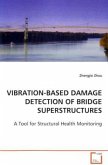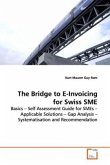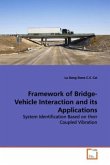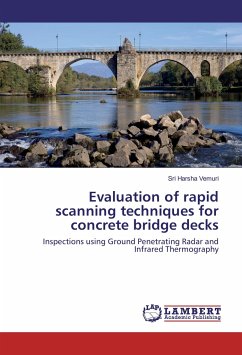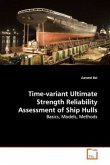Bridge safety is receiving more attention when some
bridges lost their function in recent years. Are the
bridges in service today still safe as they approach
their designed service life? Will a bridge built
today be able to safely carry traffic loads for its
intended 75-year service life? This book answers
such questions by developing Artificial intelligence
techniques for bridge reliability assessment.
The techniques presented include new analysis models
of highway bridges, a new Shredding Genetic
algorithm (SGA) that is efficient to identify
dominant failure, and a new solver to improve the
efficiency of nonlinear analysis. These techniques
can be used to analyze the reliability of a
structure that could not be analyzed by traditional
methods. Plenty of on-site and full-scale bridge
experiments are introduced to form a solid benchmark
for bridge nonlinear analysis. Computer simulations
of these experiments demonstrate the efficiency and
applicability of the proposed algorithms. This book
should be helpful in bridge design and research for
large and complex systems, and can be used in the
safety evaluation of the bridges in service.
bridges lost their function in recent years. Are the
bridges in service today still safe as they approach
their designed service life? Will a bridge built
today be able to safely carry traffic loads for its
intended 75-year service life? This book answers
such questions by developing Artificial intelligence
techniques for bridge reliability assessment.
The techniques presented include new analysis models
of highway bridges, a new Shredding Genetic
algorithm (SGA) that is efficient to identify
dominant failure, and a new solver to improve the
efficiency of nonlinear analysis. These techniques
can be used to analyze the reliability of a
structure that could not be analyzed by traditional
methods. Plenty of on-site and full-scale bridge
experiments are introduced to form a solid benchmark
for bridge nonlinear analysis. Computer simulations
of these experiments demonstrate the efficiency and
applicability of the proposed algorithms. This book
should be helpful in bridge design and research for
large and complex systems, and can be used in the
safety evaluation of the bridges in service.



